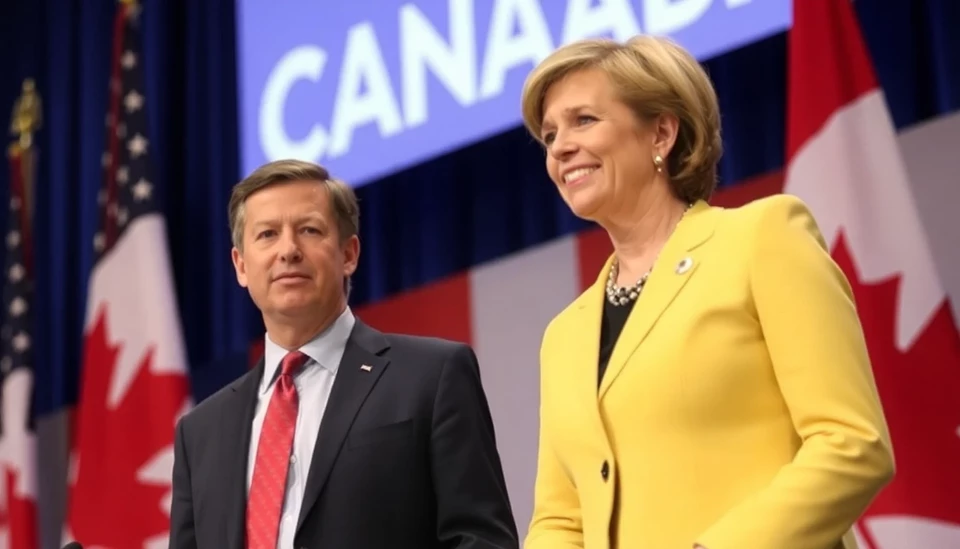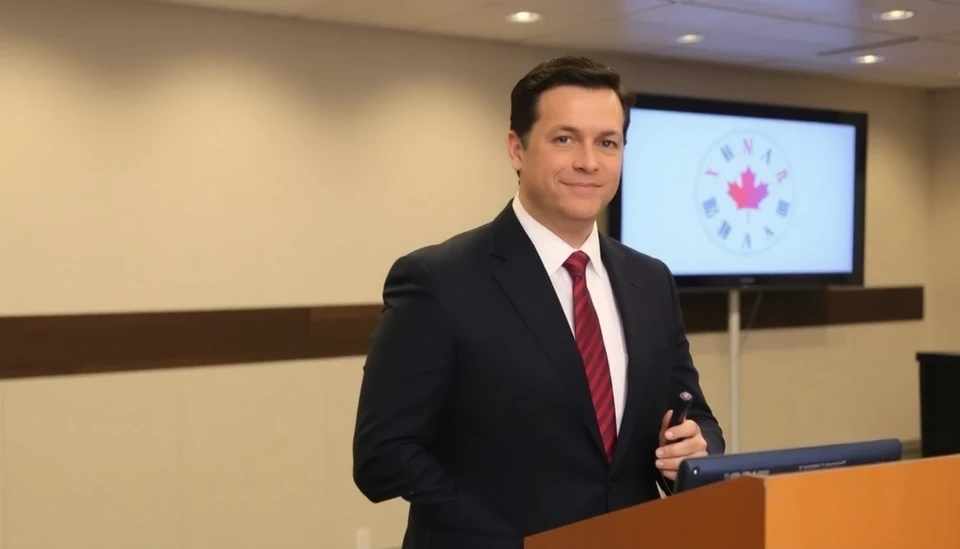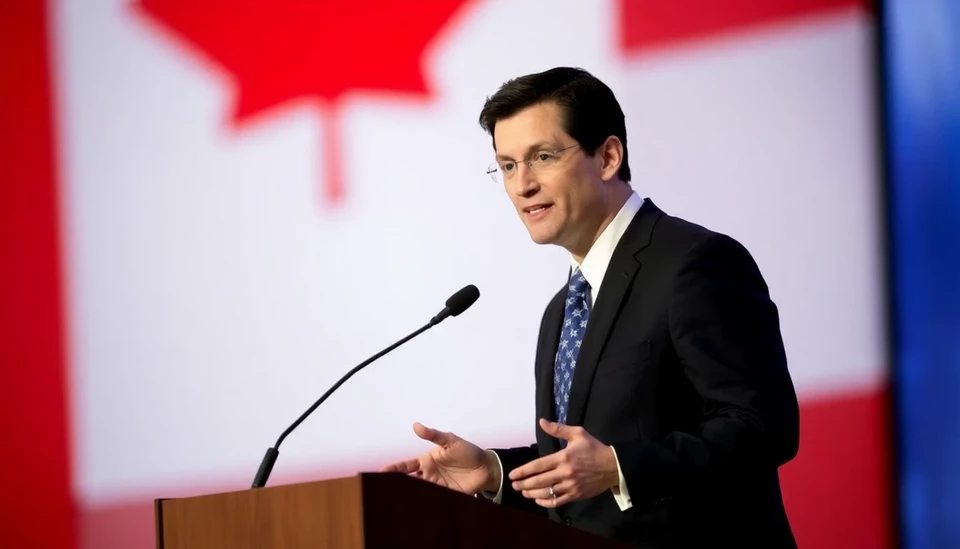
In a striking evaluation that has garnered significant attention ahead of Canada’s upcoming election, economists from Scotiabank have expressed strong criticisms of the platform policies released by both major political parties. This rare public stance comes at a time when the economic landscape is already fraught with challenges, leading experts to call for a more responsible approach to both fiscal and economic policies.
The distinguished economists, led by the bank's chief economic analyst, emphasized that neither the ruling Liberal Party nor the leading opposition, the Conservative Party, have put forward credible plans to tackle pressing issues that affect Canadians across the nation. Their concerns echo a sentiment growing among voters who are increasingly disillusioned with the existing political rhetoric that seems disconnected from the realities faced by everyday citizens.
In a comprehensive report, the Scotiabank team highlighted that, while both parties present varied visions for the future, their proposals fail to address critical economic drivers such as inflation, unemployment, and housing affordability. Instead, they noted, the platforms are riddled with promises that could strain the budget and provoke increased debt levels.
The economists pointed out specific flaws in the Liberal platform, citing an overreliance on social spending without clear mechanisms for revenue generation. They assert that as the nation grapples with rising debt from previous spending initiatives, the current plans risk exacerbating fiscal instability. On the other hand, they also critiqued the Conservative strategy, which they described as overly simplistic and lacking substantive detail. The critique highlighted the absence of innovative solutions to modernize the economy beyond traditional tax cuts and austerity measures.
Scotiabank's economists stressed the importance of developing sustainable growth strategies that are not only politically viable but also economically sound. They advocate for a policy framework that prioritizes investment in technology, infrastructure, and education — areas crucial for long-term prosperity. The economists warned that without such an innovative approach, Canada risks falling behind other nations in a rapidly evolving global economy.
Their insights resonate particularly as the country prepares for what is anticipated to be a contentious election cycle. Voter turnout and engagement are expected to hinge on the candidates’ ability to connect their platforms with the lived realities of Canadians struggling with rising costs and economic uncertainty. In this light, Scotiabank’s economists put forth a call for both parties to reassess their platforms and engage in serious discourse about policy changes that will benefit the country's economic fabric.
As the election date approaches, the dialogue around fiscal responsibility and economic viability is likely to intensify. Voters will be looking for leaders who not only promise change but also demonstrate a comprehensive understanding of the challenges at hand.
Given the current economic climate, the critiques from Scotiabank could serve as a significant catalyst in shaping voter expectations and party platforms in the coming months. Politicians may need to recalibrate their approaches if they wish to resonate with an electorate that is increasingly demanding accountability and actionable solutions to economic woes.
In summary, the Scotiabank economists’ call to arms for both major parties serves as a wake-up call, pushing for a re-evaluation of policy commitments that align more closely with the pressing needs of Canadians as the nation stands on the brink of an election.
#CanadaElection #ScotiabankEconomists #PoliticalCritique #EconomicPolicy #CanadaPolitics
Author: Daniel Foster




